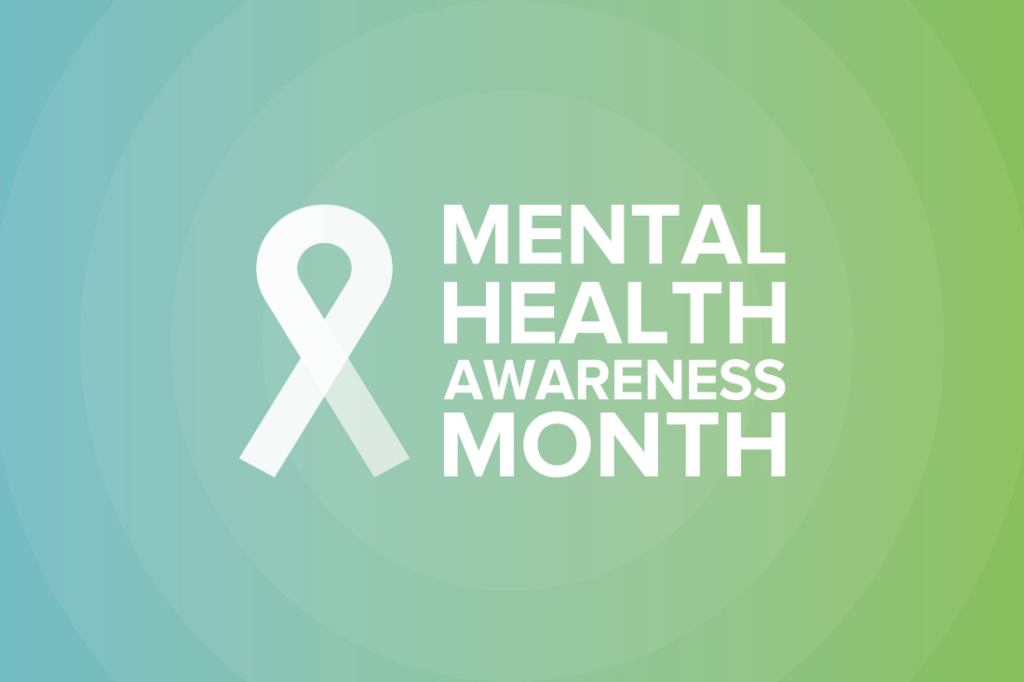
Medicare & Mental Health Coverage
Revised on May 15, 2023
It is estimated that 1 in 5 Americans deal with some sort of mental health issue every year – meaning that many of us will struggle with mental health at some point in our lives. Seniors may be more at risk, since they are more likely to face life events and obstacles that lead to mental health decline, such as dealing with a serious illness, or the grief of losing someone close.
Anxiety, depression and post-traumatic stress disorder (PTSD) are among the most common mental health challenges, but there are a wide range of mental health conditions.
Common symptoms of mental health issues may include:
- Prolonged sadness or irritability
- Excessive fears, worries and anxieties
- Social withdrawal or isolating yourself from others
- Lack of interest in activities you used to enjoy
- Little energy or trouble concentrating
- Trouble sleeping
- Loss of appetite or weight loss
- Increased use of alcohol or other drugs
- Having suicidal thoughts or thoughts of harming yourself.
If you are experiencing any of these symptoms, you are not alone, and there is help and support available.
Medicare offers robust coverage to help diagnose and treat mental health conditions and we have outlined below what Medicare covers when it comes to mental health. Keep in mind, if you have a Medicare insurance plan such as a Medicare Supplement or a Medicare Advantage plan, you may have additional coverage available to you through the insurance company.
Medicare Part A (Hospital Insurance)
Part A helps cover inpatient hospital mental health services at a general hospital or psychiatric hospital.
This includes coverage for:
- Semi-private hospital rooms
- General Nursing
- Medications administered in the hospital
- Meals & other hospital services and supplies as part of your inpatient treatment
The Medicare Part A deductible for inpatient hospital services is $1600 in 2023. This will cover the first 60 days of a hospital stay.
For days 61- 90 of hospitalization, beneficiaries must pay a daily coinsurance amount of $400 per day in 2023.
Days 91 and beyond incur an $800 coinsurance per each “lifetime reserve” day after day 90 (up to 60 more days over your lifetime).
Keep in mind that many Medicare insurance plans cover this deductible and copays and/or help pay inpatient hospital copays. For example, a Medigap Plan G will pick up 100% of these hospital deductibles and daily copays.
Medicare Part B (Medical insurance)
Part B helps cover outpatient mental health services with health care providers such as a doctor, psychologist, therapist, psychiatrist, social worker, therapist, nurse practitioner, physician’s assistant or even at a clinic.
These healthcare providers must “accept Medicare Assignment” in order for eligible services provided to be covered. An assignment is an agreement by your healthcare provider to be paid directly by Medicare and, to accept the payment amount Medicare approves for the service. Providers who accept Medicare Assignment aren’t allowed to bill you for any more than the Medicare deductible and coinsurance. You can ask your provider if they accept assignment, or search doctors that accept assignment on www.medicare.gov.
Medicare Part B covers:
- One depression screening every year
- Individual or group psychotherapy
- Psychiatric evaluation
- Family Counseling
- Medication management
- Opioid addiction and treatment
- Certain medications that are administered in a doctor’s office or clinic
- Alcohol misuse screening & counseling
- Partial hospitalization (this is a structured program of outpatient psychiatric services as an alternative to inpatient psychiatric care)
In general, after you pay your yearly Part B deductible, which is $226 in 2023, you pay 20% coinsurance of the Medicare-approved amount for visits to diagnose or treat your condition, as long as your health care provider accepts Medicare assignment.
Remember, your Medicare insurance plan may help cover some or even all these costs. For example, a Medigap Plan G will pick up 100% of the 20% coinsurance once your Part B deductible is met.
Medicare Part D (drug coverage)
Part D covers prescription medications which include prescriptions for mental health conditions.
Part D prescription plans are specifically required to cover antidepressant, anticonvulsant, and antipsychotic medications, however, a copay typically applies.
If you have more specific questions about mental health coverage under Medicare, contact us today. We love helping people navigate the complexities of Medicare and Medicare insurance plans.
